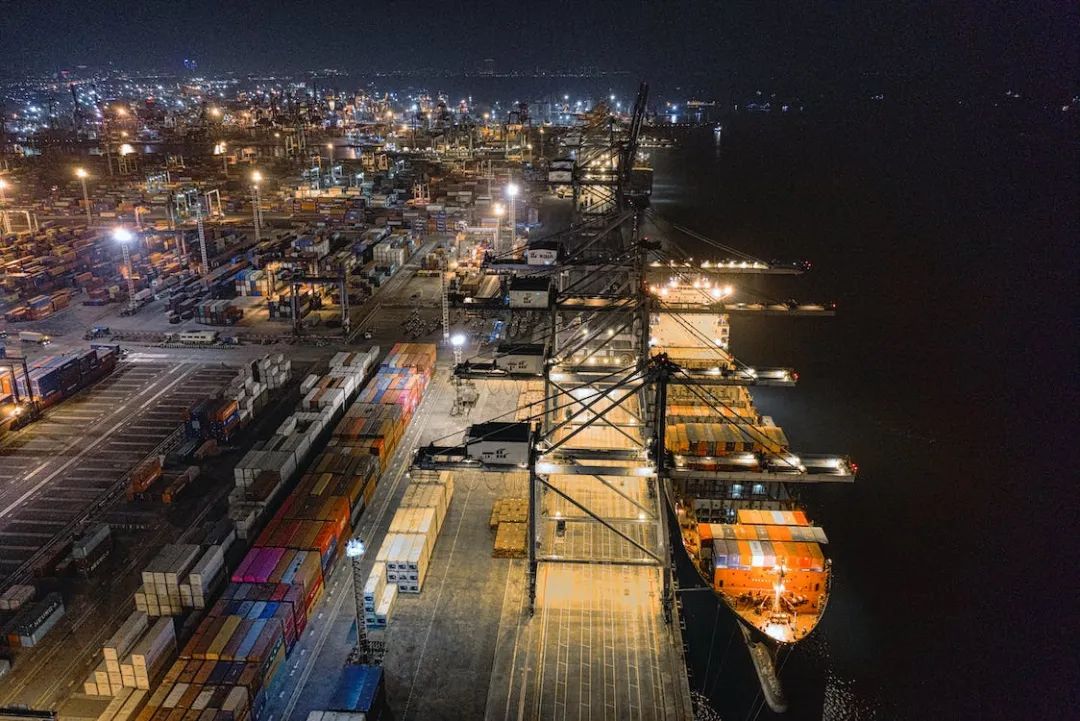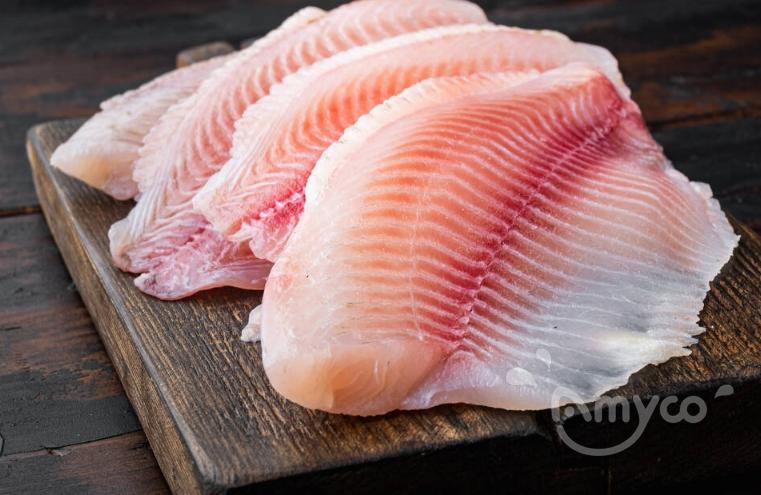The Red Sea crisis becomes acute and international freight rates are soaring
The latest foreign media reports,Yemen's Houthis have launched one of their largest ever attacks on cargo ships in the Red Sea. CNBC quoted anonymous sources as saying that "Around 50 merchant ships were in the area of the attack at the time." "This is the largest attack ever on commercial shipping," a US official said.
Affected by the Red Sea crisis, global shipping giants have changed their routes, and the global cargo ship route extension capacity has declined. From January 2024 onwards, container rates will rise again. Recently, Maersk, MSC, Hapag-Lloyd, CMA and other shipping companies have issued announcements, once again announced a number of route price adjustment, involving Europe, South America and other routes.
Maersk announced that all its ships would no longer pass through the Red Sea for the foreseeable future and warned customers to be prepared for serious supply disruptions. Because rerouting via the Cape of Good Hope may add about 10 days to the shipping time, resulting in increased costs, a transport interruption surcharge (TDS) has been imposed on several routes. At the same time, due to the severe operational disruption, Maersk also announced the imposition of a Peak season surcharge (PSS) from January 1st until further notice.

Latest announcement from MSC Mediterranean Shipping, since January 15th, 2024 until further notice,all Asian ports (including China, Japan, Korea and Southeast Asia) to the West, East, Adriatic, and Black Seas are subject to the new FAK rates. Compared with the previously notified FAK rate on January 1st, the general increase is about 100%.

CMA CGM also announced a new FAK rate for shipments from Asia to Northern Europe effective January 15st, 2024 (date of shipment). $3,200 for a 20-foot container and $6,000 for a 40-foot container until further notice. The new FAK rates imposed from Asia to the Mediterranean are shown in the table below.

Maersk has announced a new peak season surcharge (PSS) globally, effective January ,8th. The surcharge for Vietnam to West Africa will come into effect on January ,18th, and the surcharge for Taiwan to West Africa will come into effect on February ,2ed.

This could be the new challenge for seafood businesses in 2024. If the tension in the Red Sea region continues or escalates, it may lead to higher transportation costs and input prices for aquatic products, increase the difficulty of seafood processing and export, and affect the competitiveness and profits of seafood companies.





